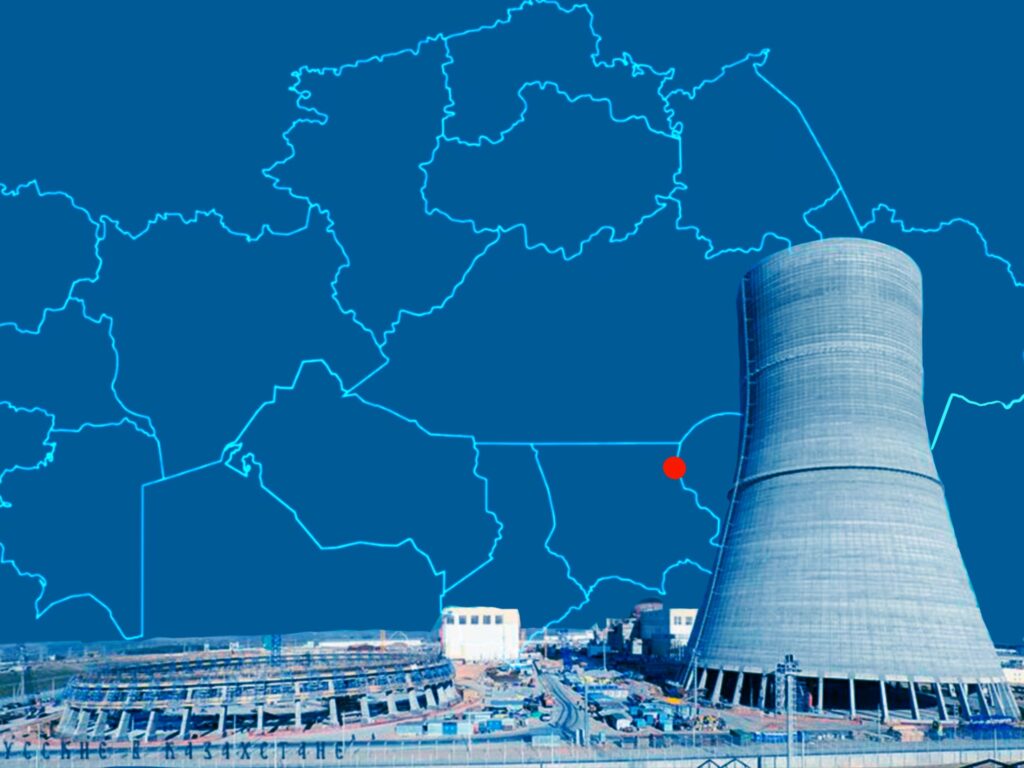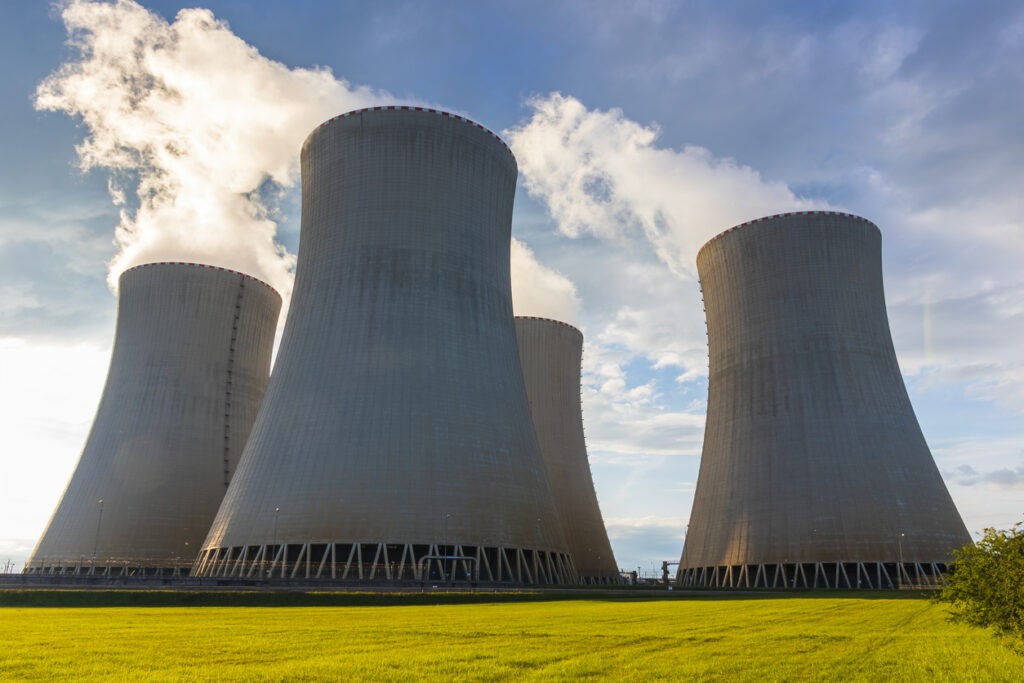Top Nuclear Expert in Uzbekistan Dies at Age 79
Behzod Yo'ldoshev, a prominent Uzbek scientist who was deeply involved in international efforts to ensure the safe use of nuclear power and was a key player in Uzbekistan’s ongoing drive to build a nuclear power plant for energy generation, has died. Yo’ldoshev, president of the Academy of Sciences of Uzbekistan, worked as a scientific adviser at the Vienna-based International Atomic Energy Agency and “received wide international recognition in the field of high-energy physics,” the office of President Shavkat Mirziyoyev said in a statement. After Yo’ldoshev died at the age of 79 on Wednesday, Mirziyoyev visited his family at their home, where mourners prayed and recited verses of the Quran. The Uzbek scientist collaborated with the Joint Institute for Nuclear Research, an international center in the Moscow region where he earned his PhD in physics and mathematics, and also had teaching jobs at Stanford University and the University of Washington. Yo’ldoshev published several hundred scientific papers on particle and nuclear physics and other topics, and held more than 20 patents on nuclear applications, according to Stanford. “Uzbek science has suffered a heavy loss,” the Uzbek sciences academy said on social media. Others paying tribute to Yo’ldoshev included the Department of Astronomy and Astrophysics of the National University of Uzbekistan, as well as Gennady Krasnikov, president of the Russian Academy of Sciences. Uzbekistan has been planning to build a nuclear power plant with Russian help for years, but the project has encountered delays. The project got a boost in May when Russian President Vladimir Putin visited Tashkent and signed a new deal to build a smaller plant than previously envisioned. Yo’ldoshev was involved in the fitful efforts to deliver nuclear power in Uzbekistan. In 2019, he was in Vienna to inform the International Atomic Energy Agency that the plant would be built in line with the U.N. watchdog’s requirements. In 2020, Rosatom, Russia’s nuclear energy agency, gave Yo’ldoshev a medal for his contributions to the use of atomic energy. Over his decorated career, Yo’ldoshev contributed to international non-proliferation work, such as upgrading research reactors, developing ways to stop illicit trafficking of nuclear material, as well as the transport and securing of highly enriched spent fuel. His other roles included director of the Institute of Nuclear Physics of the Academy of Sciences of Uzbekistan and as a member of parliament.





